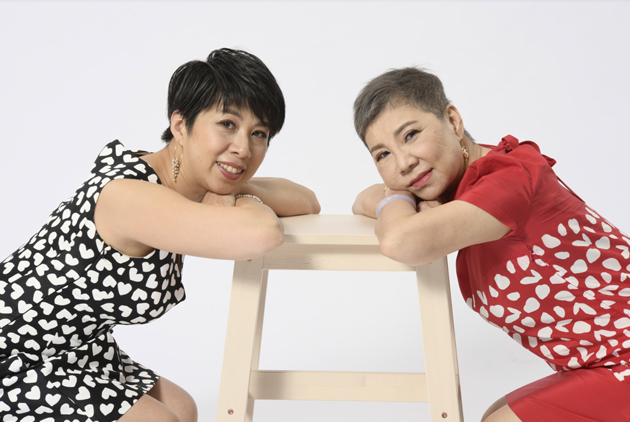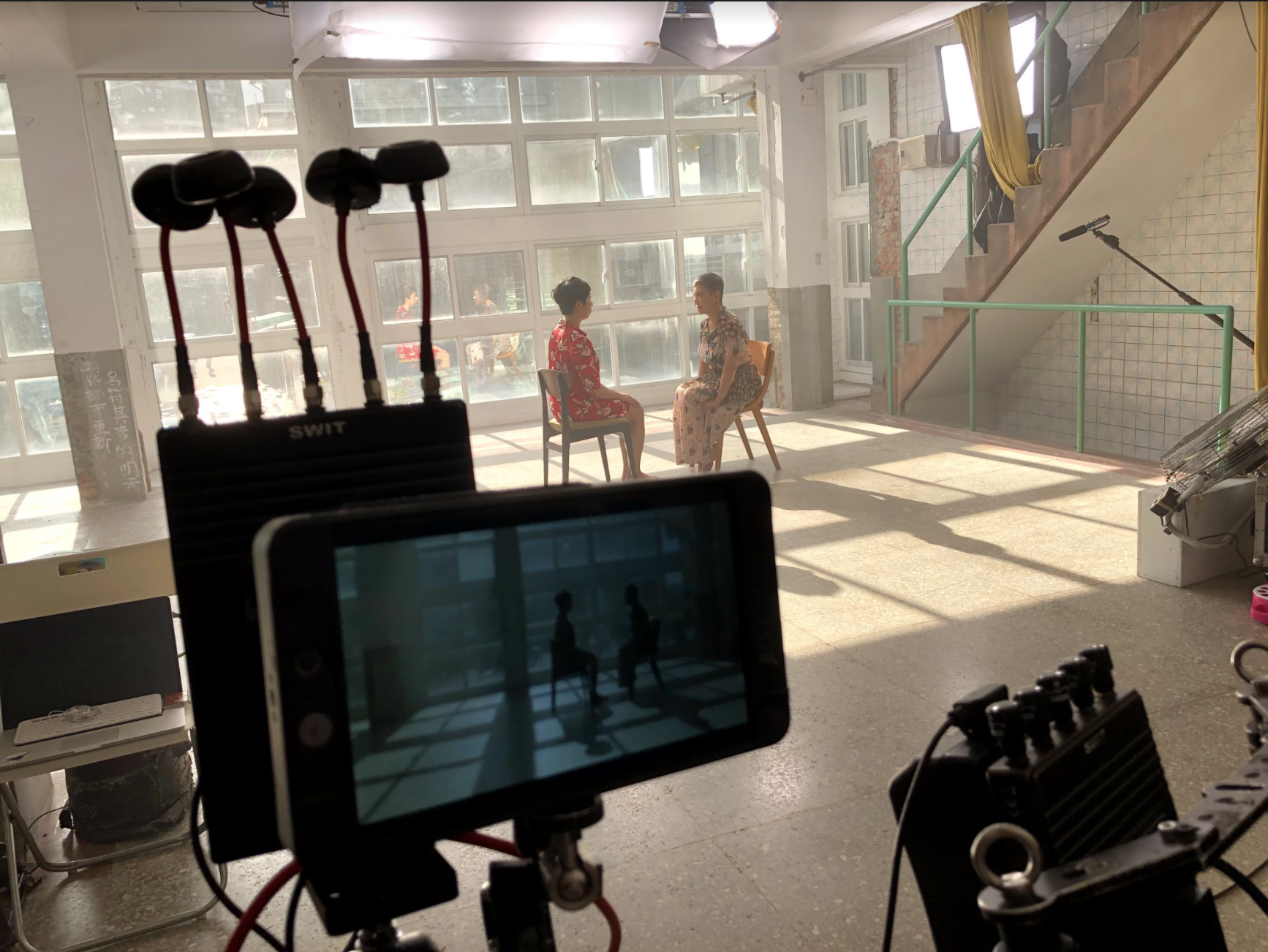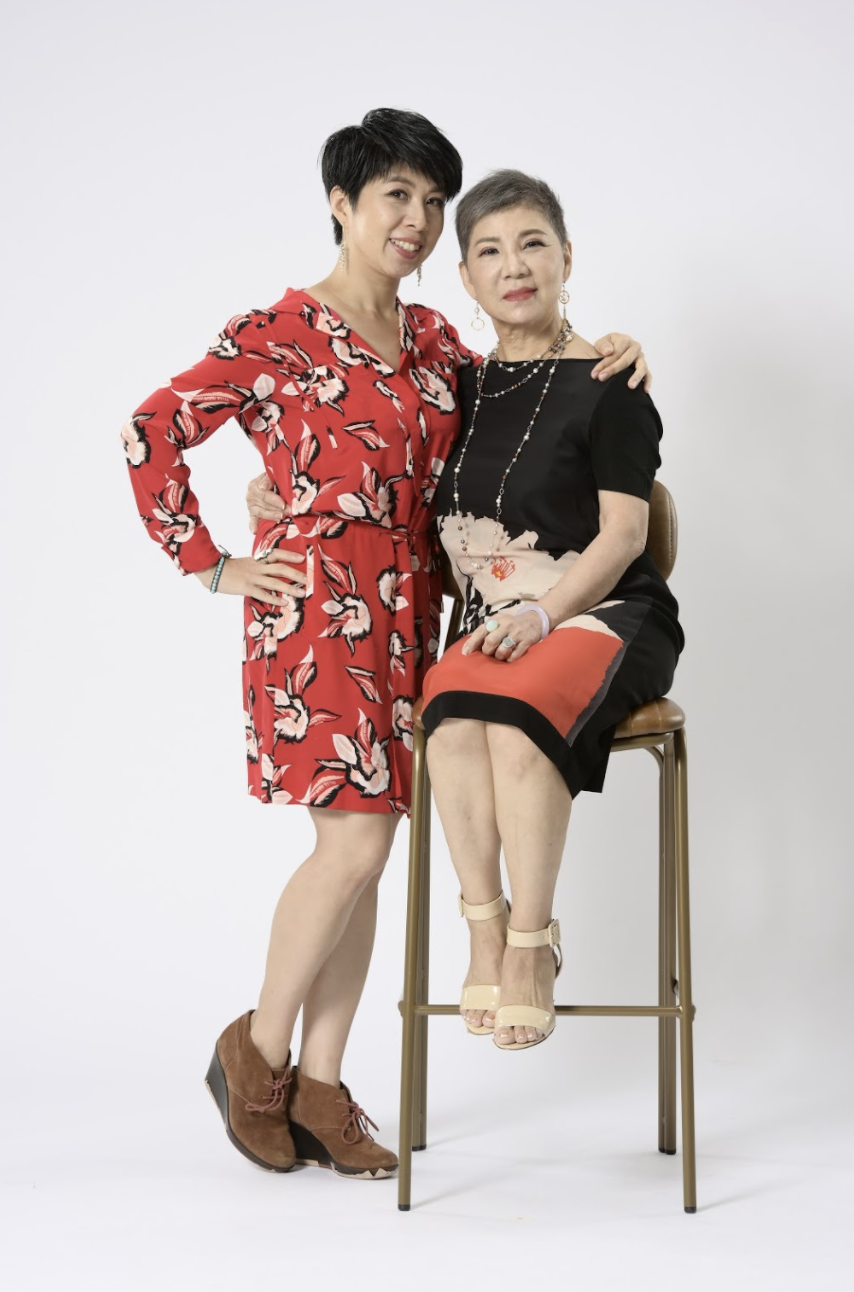The roadmap of regret, curiosity and sound: How I decided to make a podcast with my dying mother

Source:Doreen Wang
Doreen Wang is the host and director of Ghost Island Media’s newest podcast, the audio documentary “一年的告白 Dos Salidas.” The show features conversations with her mother, Mish Liang Hsu, after her mother is diagnosed with terminal cancer. This is their story.
Views
The roadmap of regret, curiosity and sound: How I decided to make a podcast with my dying mother
By Doreen Wangweb only
Let’s begin with regrets. Regrets first, because they showed me the way.
When my mother was diagnosed with end-stage cancer and told she had one year to live, the shock of the news shuttered all the feelings in my body, like windows on every store front closing. When I received the call, I said “Oh.” My body could not generate questions nor tears.
Then, when I started feeling again, what seized me first was regret. Or the fear that regret would chase me down the wide boulevards long after she was gone. About how I wish she knew me. About how I wish my love for her could have been more easy.
Regret is what jump-started me out of inertia and how an action plan started forming. Because the often-forgotten good news about regret is that there’s something that we can do about it—always.
In my case, there was even still a “we.” My mother was still alive, and I was pretty certain she had some words for me, too. The question then, became “how”.
There was a smart enough of an adult in me to know that there was no greater priority than talking to her and spending time with her. But there was also a scared, defeated child inside, repeating “I don’t know how.”
That’s where a project comes in. For me, a project provides a frame and the scaffolding to build out a structure. And even more importantly, it invites me to the seat of curiosity. The question of “how?” had always been valuable, and with some genuine curiosity, I could transform it from one of powerlessness into one of great agency.
So, this past year, I made my relationship with my mother my most important project. With such high stakes, I kept the frame simple. I asked my mother to record conversations with me—consistently and at length, in a closed-door environment, with our phones turned off. Luckily, she said yes. And even more fortunately, I was born to a very curious woman, one who wanted to use her last span of time on Earth to spend it with me.

(Source: Doreen Wang)
And finally, sound. There’s something about sound and its ability to travel. And there’s something about the immigrant experience which draws me toward that which journeys across distance. Sound was often the only way I knew my family existed on the other end of the Pacific.
I remember the sound of long-distance phone call. The international ring was always different than the domestic. And after a considerable, rhythmic sputter, my grandfather would answer, “Weeeei? - - - - - - Ah, my dear little granddaughter.” By the time I was in high school, I was using all sorts of contraptions in an attempt to capture his voice and that special lilt of his Anhui accent when he called my name.
The waves of sound cross such abstract expanses to arrive so very near to us. Perhaps closer now than ever before, where the modern medium of the podcast is one where waves lap right to the shore of our eardrums, accompanying us as we wait on busy platforms or run an empty street. I knew that the project my mother and I decided to take on is one that would require intimacy at every step of the way, certainly between the two of us but also between ourselves and the listener.
I think the microphone too, evokes a quality of both intentionality and serendipity. At the core of what we were doing was a basic trust, that if we kept on coming to the mic heart-forward, we could model the best of what dialogue can achieve—which is to say two people finding each other.
 (Source: Doreen Wang)
(Source: Doreen Wang)
Regret, curiosity, and sound is how I found my way through this age-old story. It might be one version of everyone’s story about honest and complicated efforts toward love. My aim is that this mother-daughter duo trying our damn best can demonstrate how reaching and repairing are possible at every age and every stage. I’d like to hope that we inspire other Chinese families about venturing into a third space, of neither silence nor explosion, but rather the sound of each others’ truths.
♦ Listen to the podcast: Dos Salidas
About the author:

Doreen Wang is a child of immigrants who learned to tell stories to reconcile and contribute to the diversity of truths in our world. She is Taiwanese American artist from New York and the director of Ghost Island Media’s newest audio documentary podcast, “一年的告白 Dos Salidas”—a 12-part limited series featuring conversations with her mother before her mother dies from terminal cancer.
As a storyteller and community organizer, Doreen has received a poetry fellowship from Kundiman as well as a Pushcart Prize nomination for her work. In 2018, Doreen was selected by Spotify USA for its inaugural SoundUp Bootcamp for Women of Color podcasters. She currently lives in Taipei.
Have you read?
♦ The sound equipment distributor dominating Taiwan's podcasts scene
Uploaded by Penny Chiang






